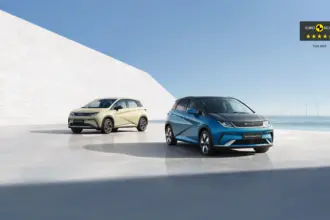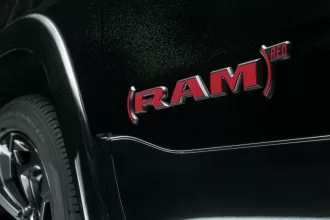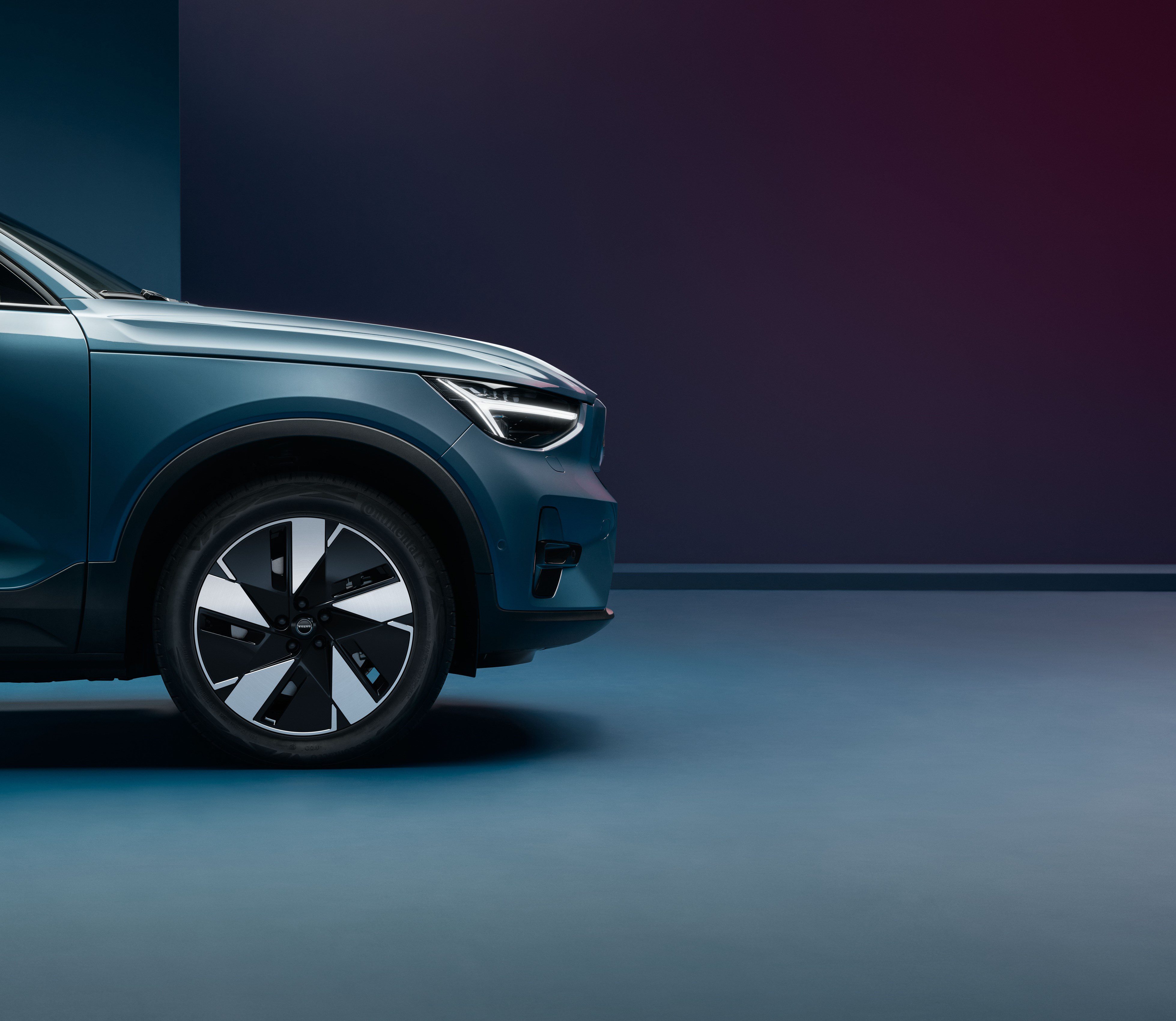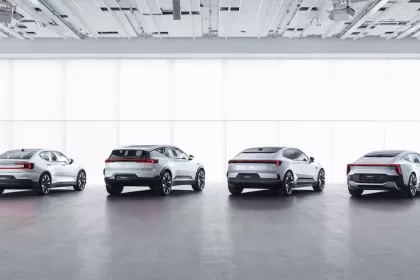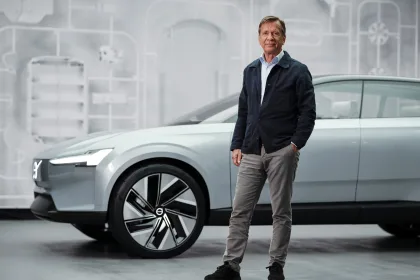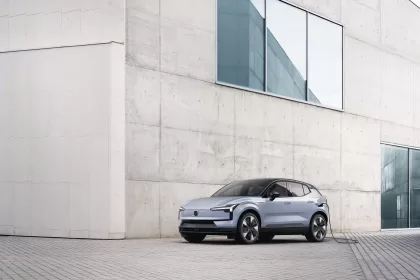Volvo Cars yesterday published its updated 2023 Green Financing Framework, reflecting its ambitious sustainability strategy and the integration of the most recent and advanced market practices and standards.
The updated Framework defines how green financing instruments are set up within Volvo Cars to financially accompany its sustainability journey towards its ambitions of becoming a fully electric car maker by 2030 and a climate neutral company by 2040.
In 2020, Volvo Cars established its Green Financing Framework to pave the way for green and sustainable funding for its ambitious transformation and electrification strategy for sustainable mobility.
Since then, the company has successfully issued green bonds and obtained green loans with an aggregate principal amount of approximately SEK 14 bn under the Framework, engaging a diverse group of institutional investors.
”Sustainability is central to our purpose and business, and key to our future success,” said Johan Ekdahl, CFO at Volvo Cars “In 2022, we became the first traditional car maker to fully exit the development and manufacturing of internal combustion engines (ICE). Instead we focused our investments and capital allocation on developing high-performance, fully electric powertrains. This updated Framework reflects our continued commitment to sustainability, market practices, and legal reporting requirements.”
The Framework has been developed and updated to align with the 2021 ICMA Green Bond Principles (including the updated Appendix I from June 2022) and the 2023 LMA, LSTA, APLMA Green Loan Principles.
The Framework has been reviewed by CICERO Shades of Green, now a part of S&P Global, a leading independent expert for the research-based assessment of Green Finance Frameworks. Volvo Cars’ updated Framework received the highest possible rating, a “Dark Green” shading, similar to the first version of the Framework from 2020. Included in the overall shading is an assessment of Volvo Car Group’s governance structure and processes, which are rated “Excellent”.


